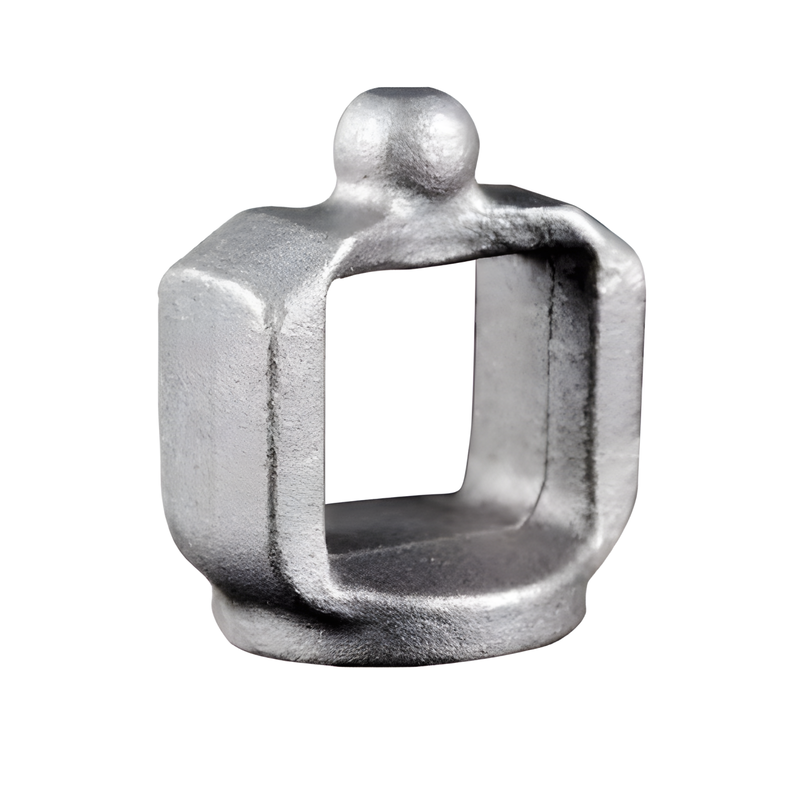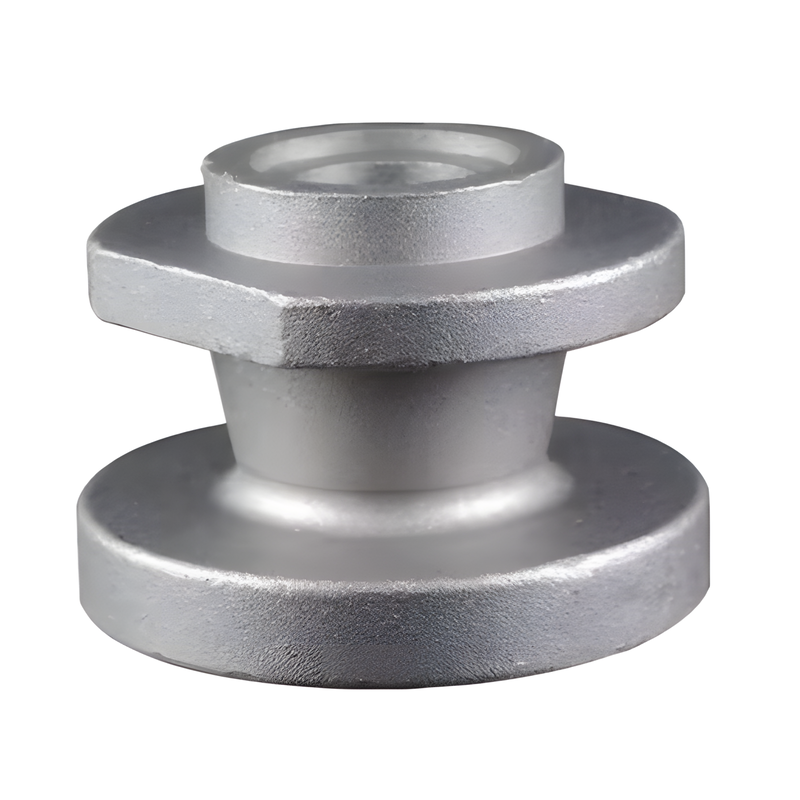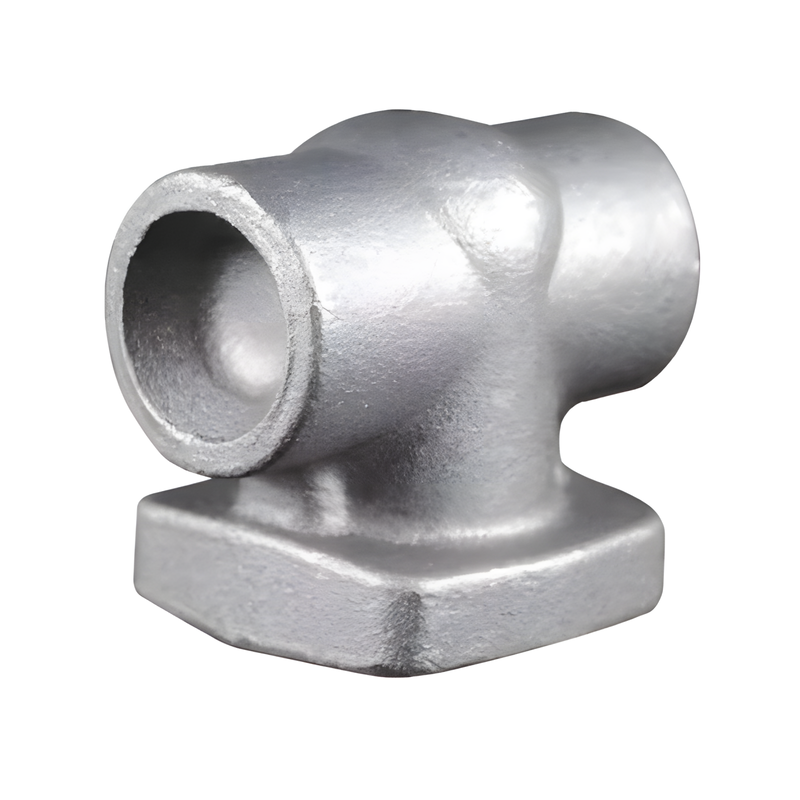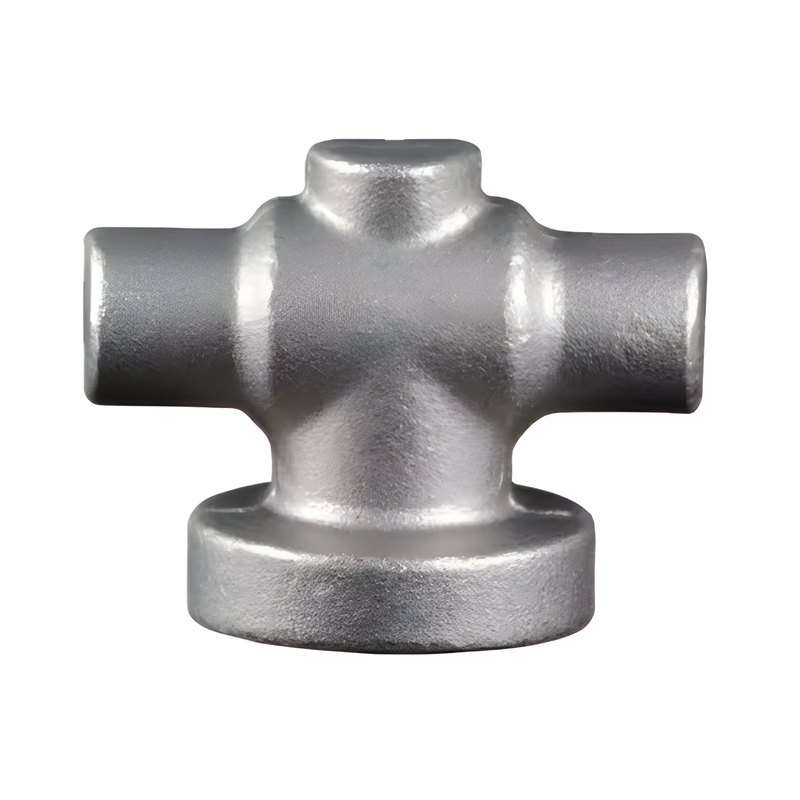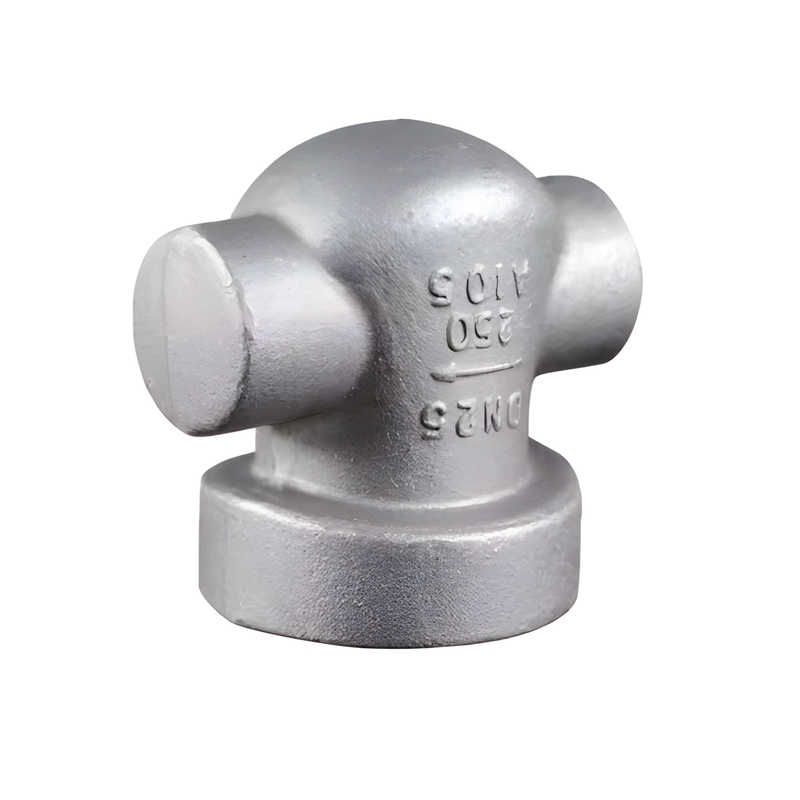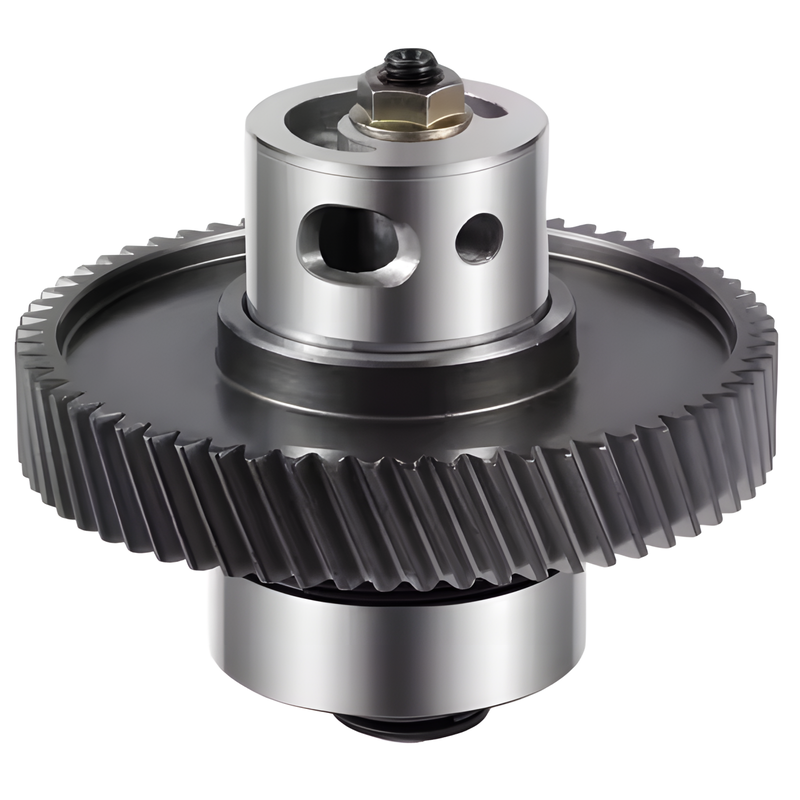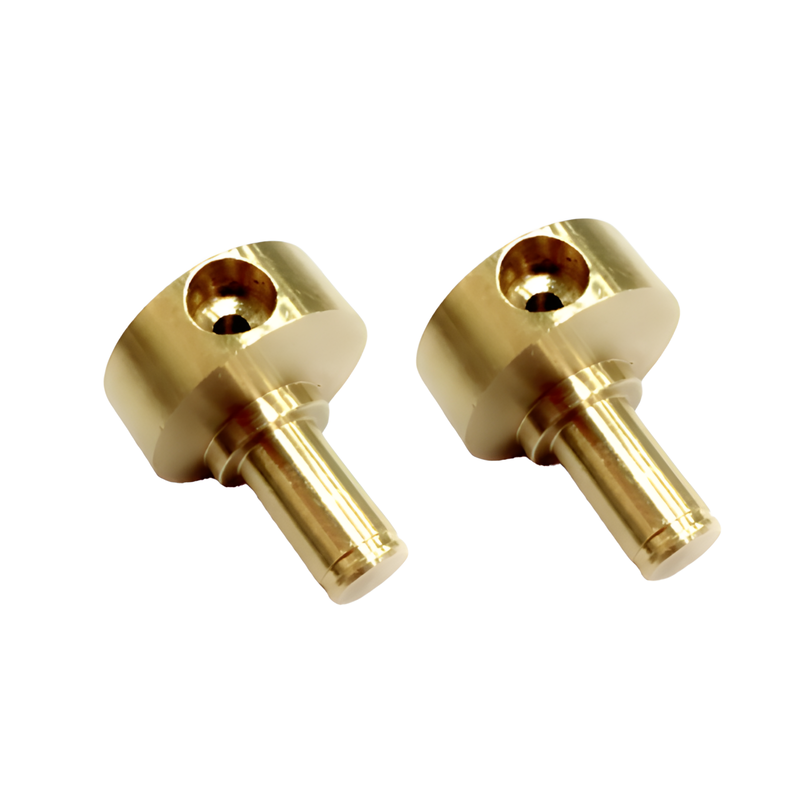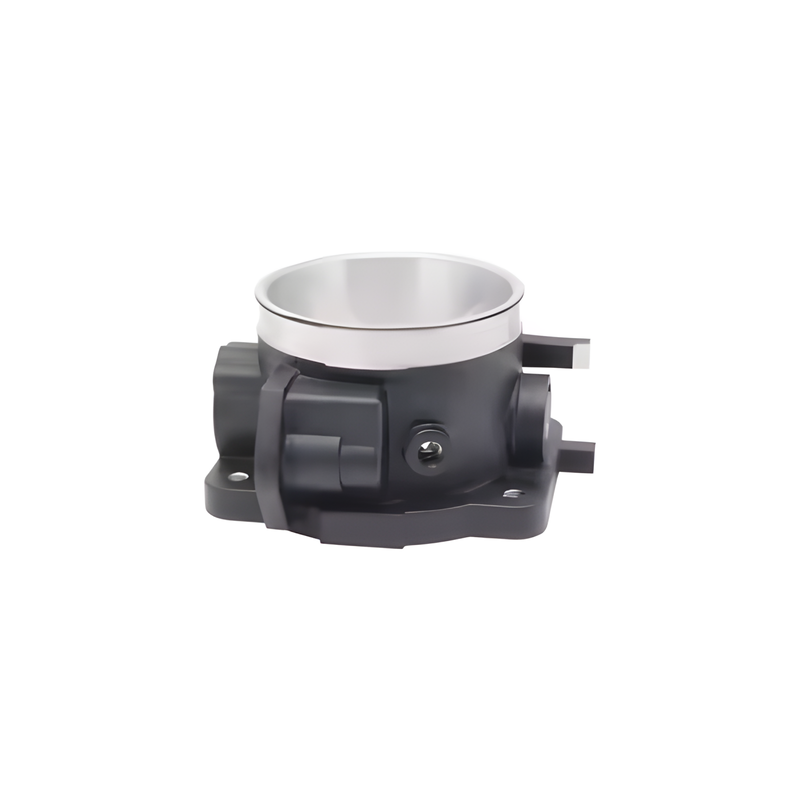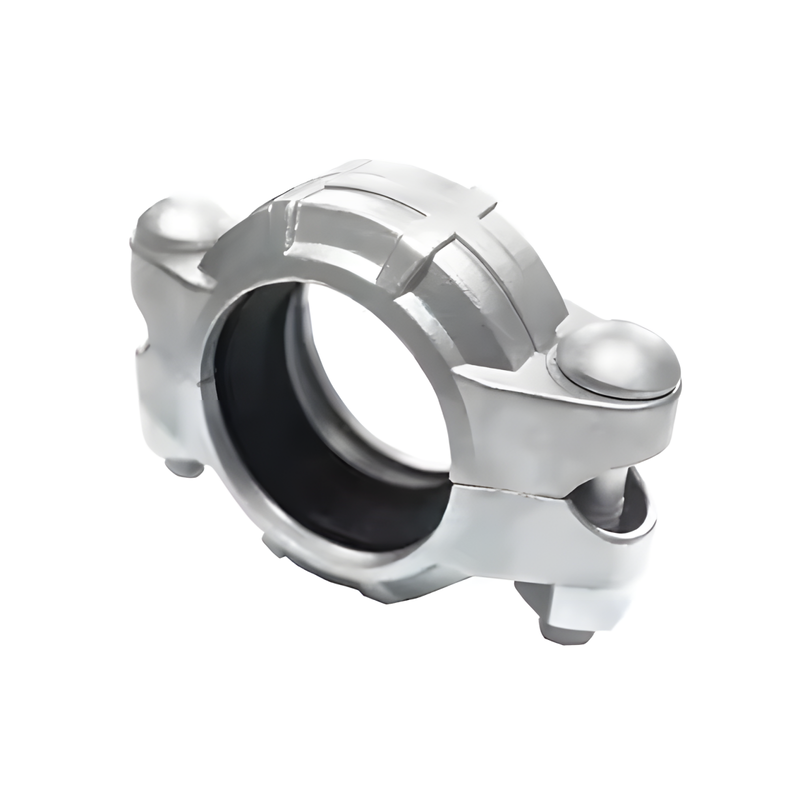Product Description
Stamping engine components involves applying high-pressure to metal sheets, shaping them into precise parts used in automotive engines. This process allows for fast, large-scale production while maintaining consistent quality and strict tolerances. Common engine parts produced through stamping include brackets, covers, and structural elements, all of which play a vital role in engine performance. The method is cost-effective, offering both material savings and quick manufacturing cycles. Effective quality control, including optimal die design and material choice, is key to preventing defects and ensuring part reliability. Advanced stamping techniques, such as progressive stamping, facilitate the production of more intricate parts while optimizing efficiency.
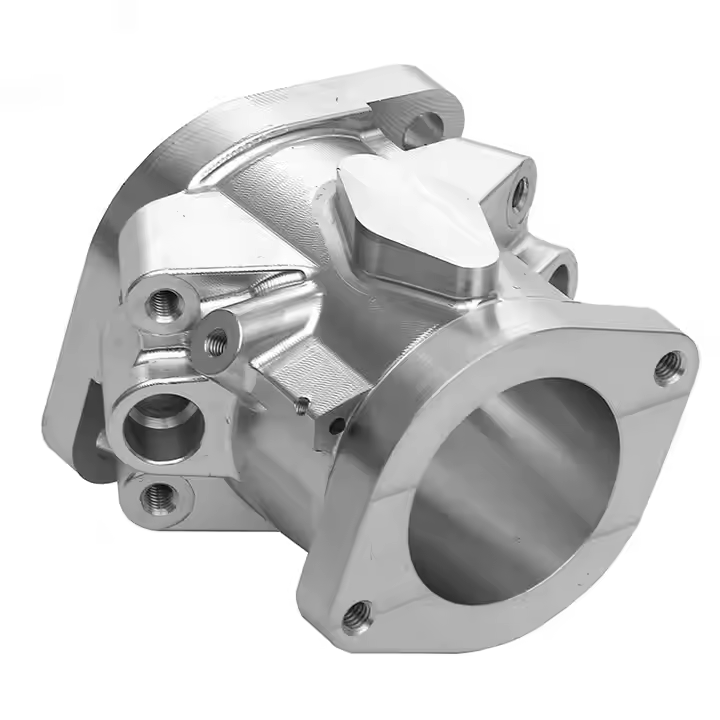
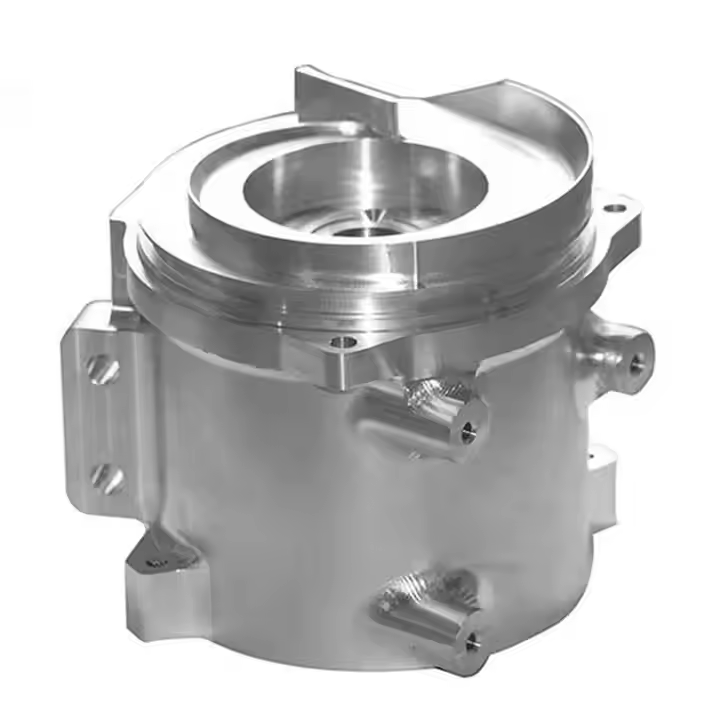
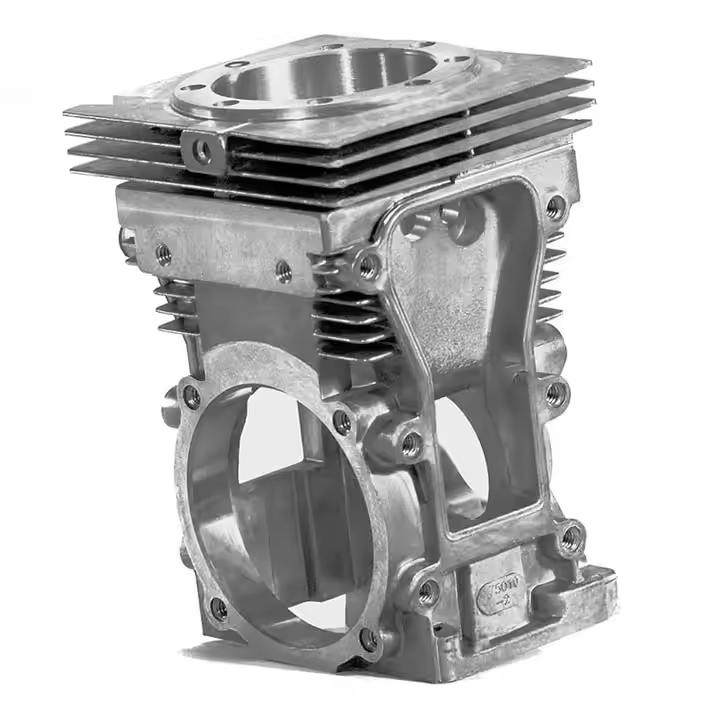
Product parameters
| List | Details |
|---|---|
| Brand Name | Cnc Machining |
| Material Capabilities | Aluminum, Brass, Bronze, Copper, Hardened Metals, Precious Metals, stainless steel, Steel Alloys |
| Type | Broaching, DRILLING, Etching / Chemical Machining, Laser Machining, Milling, Other Machining Services, Turning, Wire EDM, Rapid Prototyping |
| Micro Machining | Micro Machining |
| Cost control | Most efficient production process design |
| QC control | 100% inspection on critical dimensions |
| Mangement | Skilled workers and rich experiencd staff |
| Surface treatment | sandblasting, anodizing, powder coating |
| Material | Aluminum Alloy |
Custom Process

1. send inquiries

2.drawings or samples

3. Quotation

4.customer confirmation

5. places order and pays

6.Mass production

7.Test before packaging

8.Shipping & confirmation
Process Type
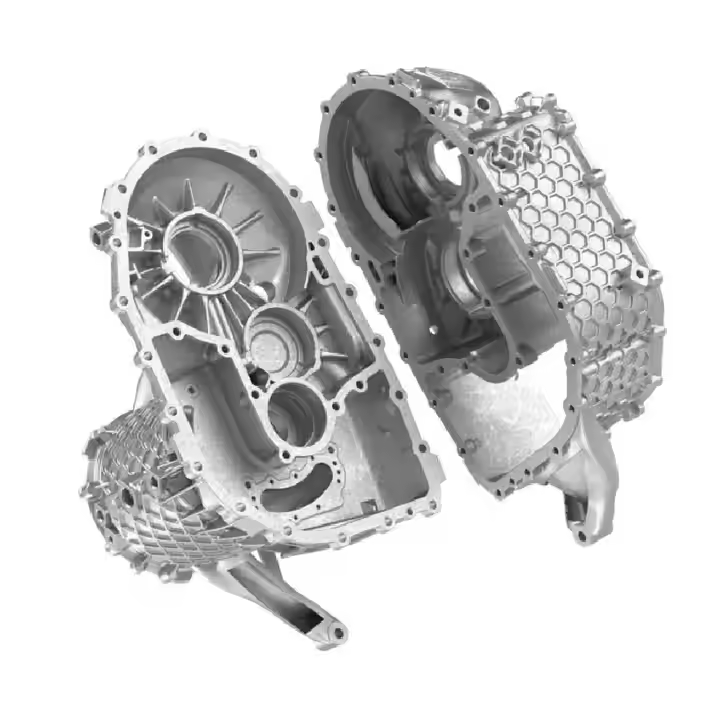
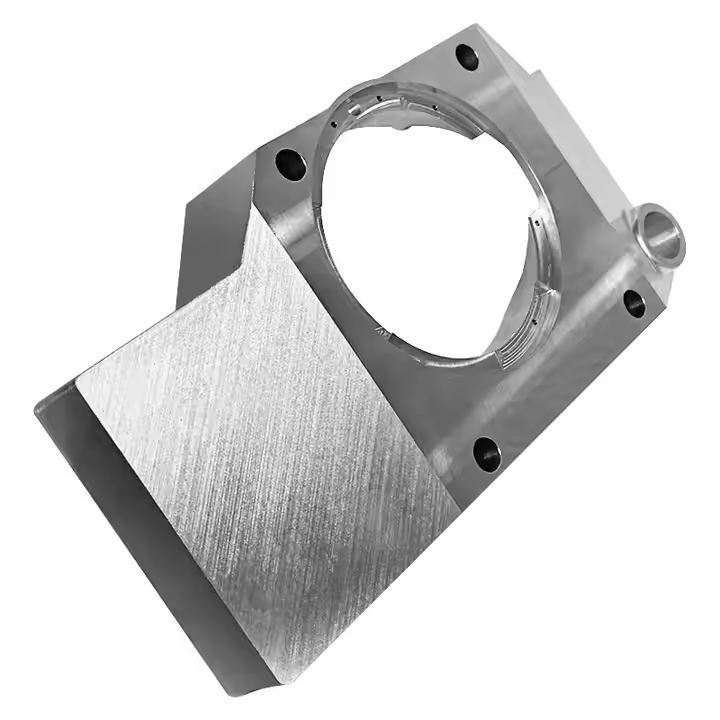
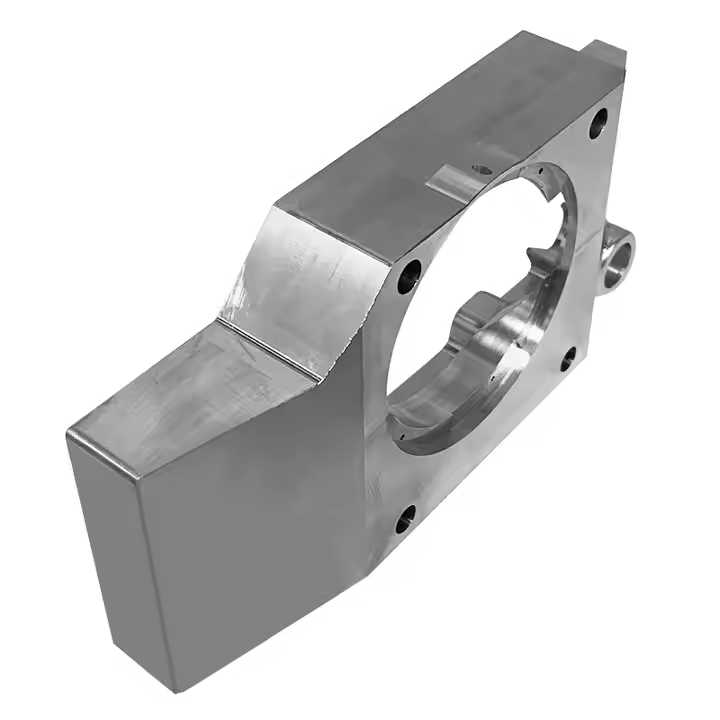
Material
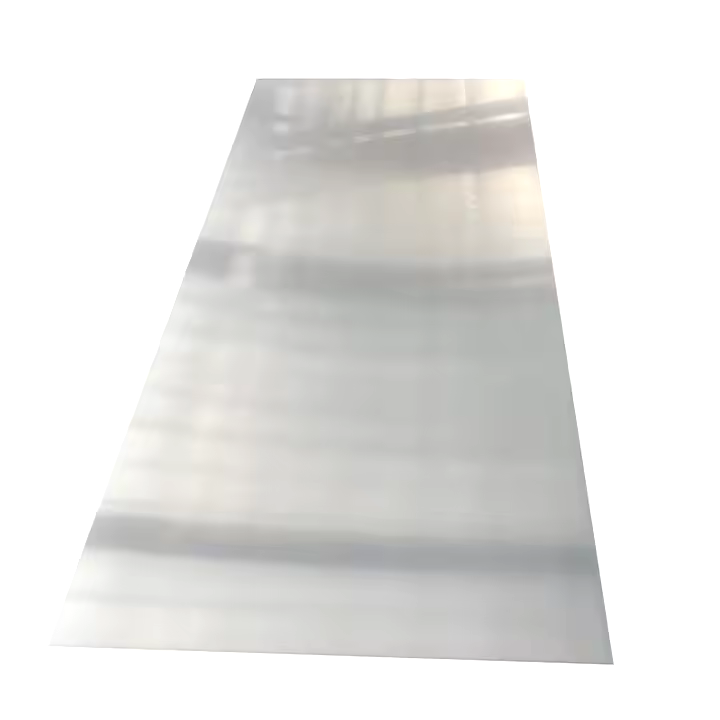
Aluminum Sheet
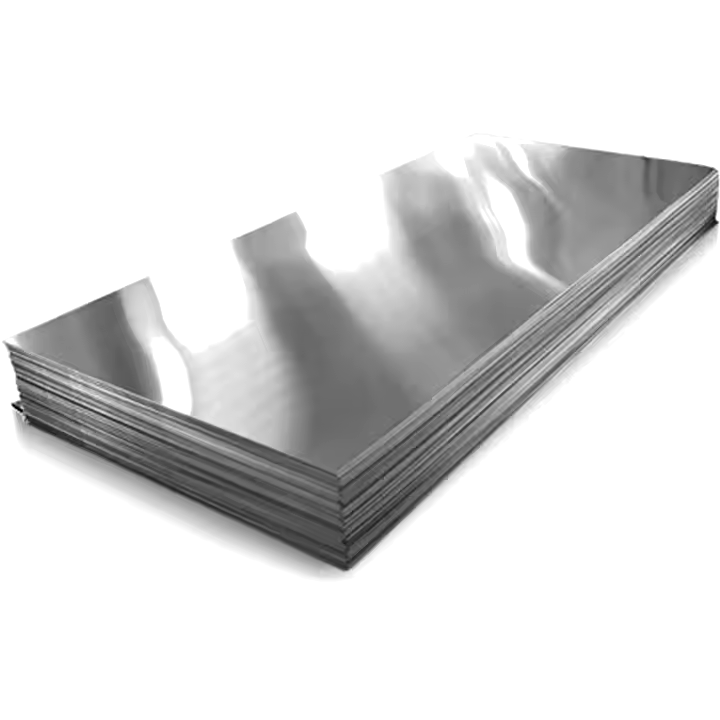
Metal Sheet
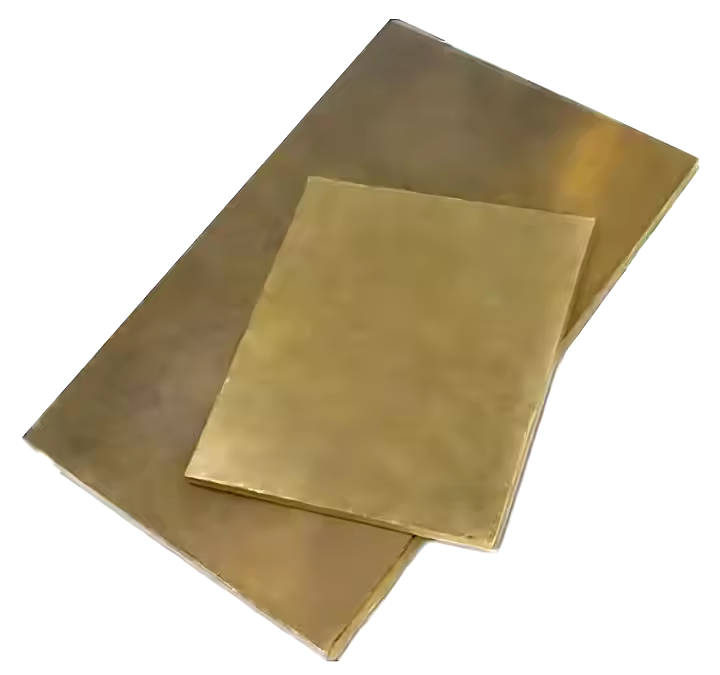
Brass Sheet
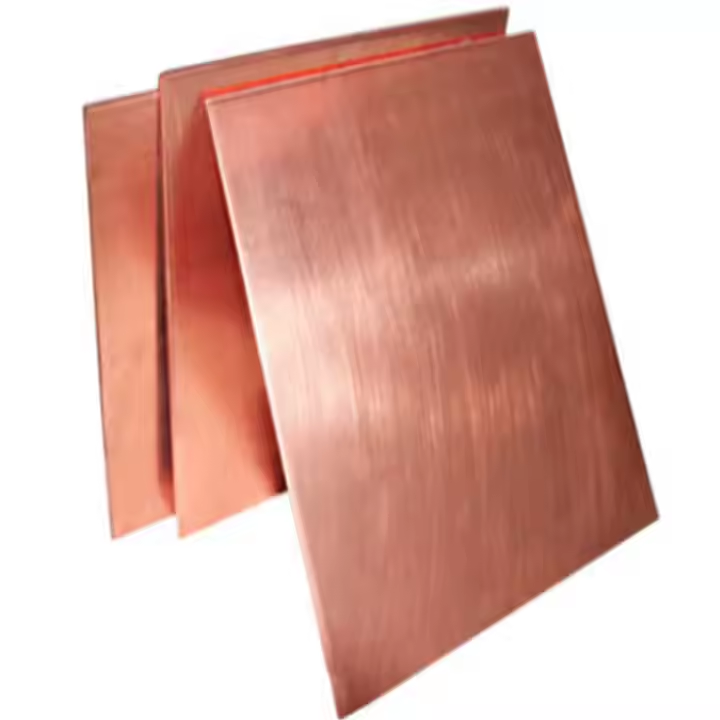
Copper Sheet
Quality Control
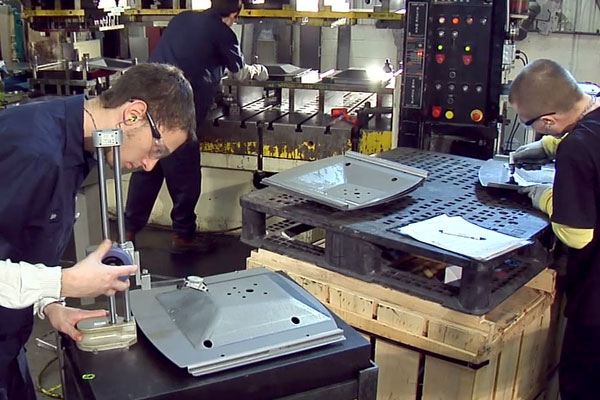
Metal stamping is not just a step in the manufacturing process; it’s the backbone of production, ensuring the final products meet stringent standards and customer expectations. At Adept Corporation, we understand the critical importance of quality control in maintaining our reputation as industry leaders. This article explores the various facets of quality control in metal stamping, illustrating how Adept ensures excellence in every piece we produce.
Processing capability
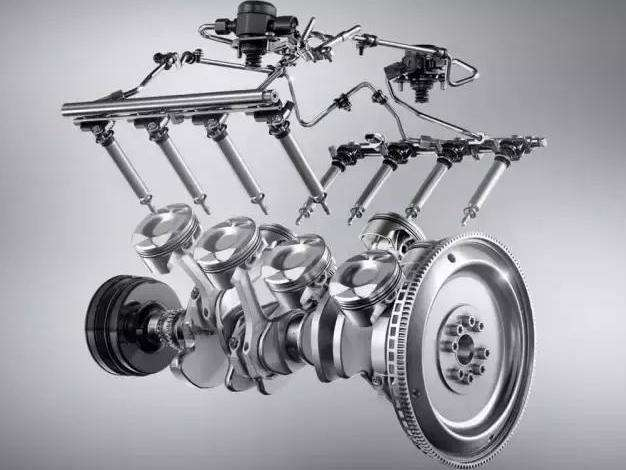
The stamping process for engine parts is a vital manufacturing technique that involves shaping metal sheets into precise forms using a die and punch. This process ensures high-volume production with consistent quality and dimensional accuracy, making it ideal for automotive and engine components. Key factors affecting the quality of stamped parts include material selection, die design, and process parameters such as temperature and speed. Proper lubrication and control of stamping force are essential to prevent defects like wrinkling, cracking, or deformation.
Additional processes
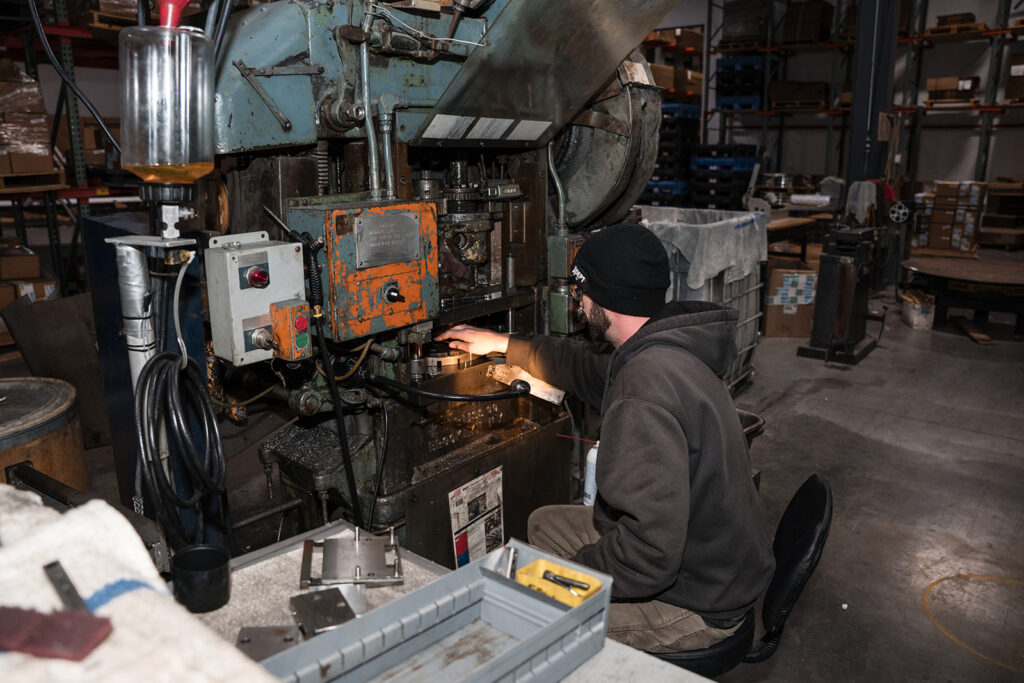
Stamping offers several advantages, including cost-effectiveness, fast production rates, and the ability to create complex shapes. However, it requires careful monitoring to maintain part integrity and meet strict tolerance requirements. Advanced stamping technologies, such as progressive and transfer stamping, have expanded the range of possible designs. Ultimately, the stamping process is integral to the mass production of engine parts, delivering both precision and reliability. As manufacturing technologies evolve, innovations in automation and quality control continue to enhance the efficiency and capabilities of the stamping process.










